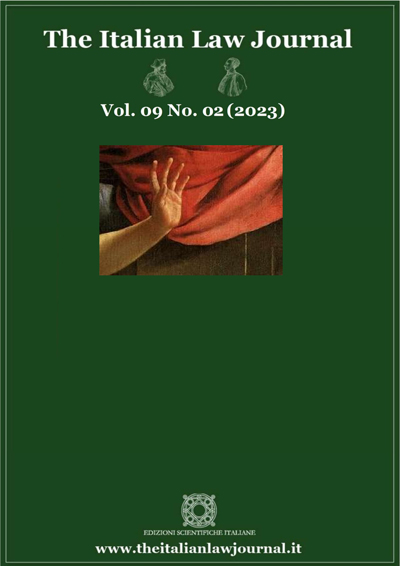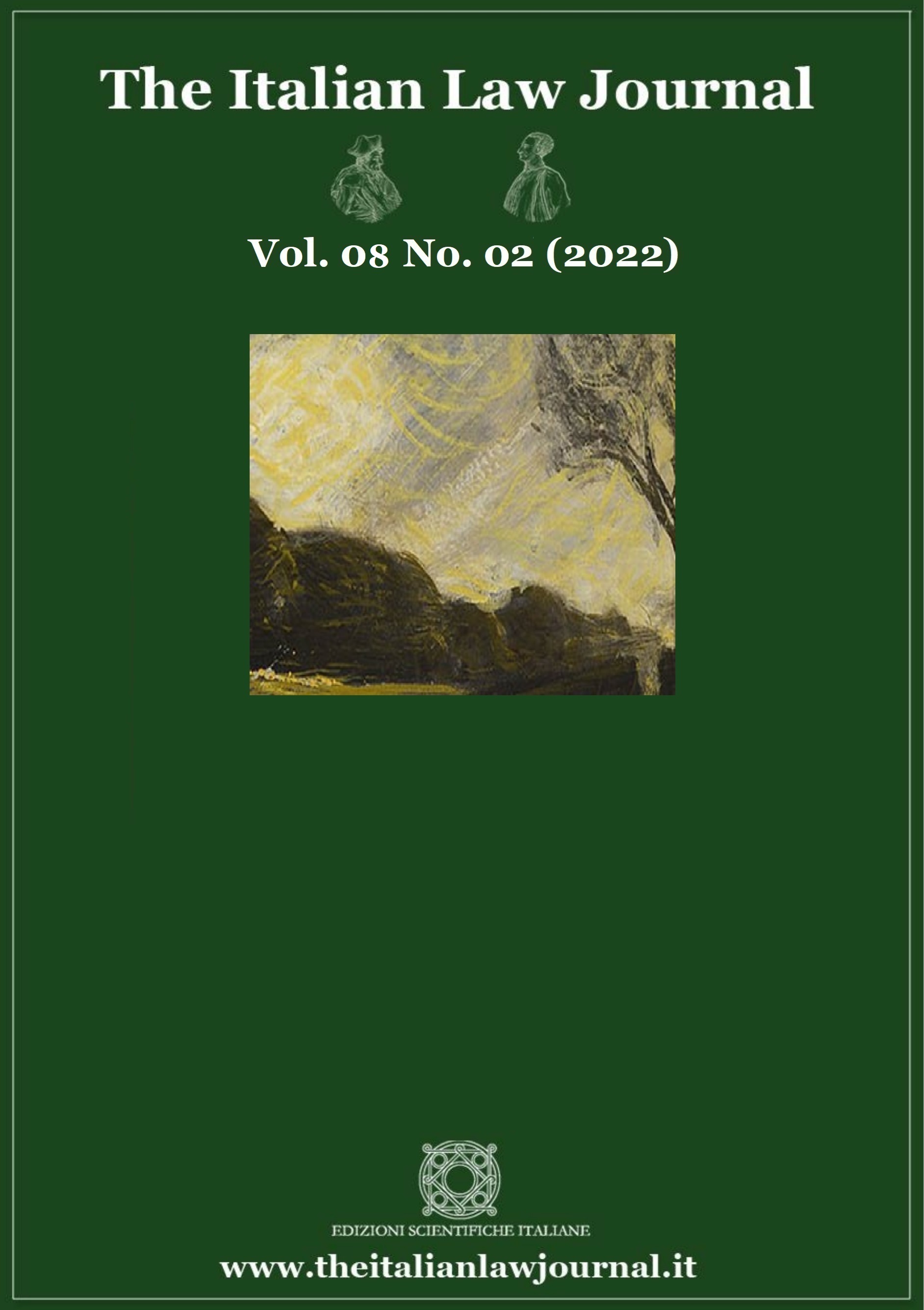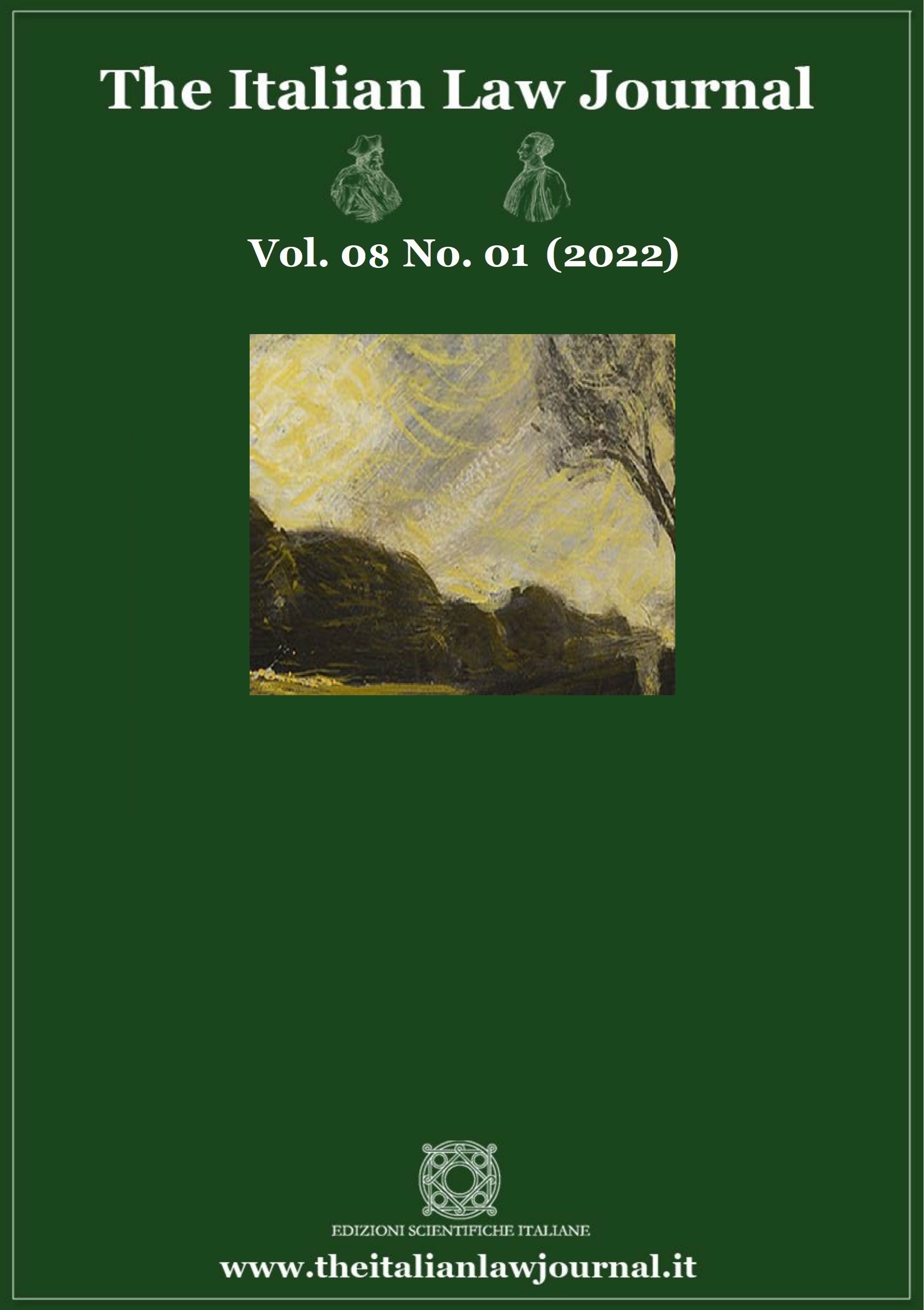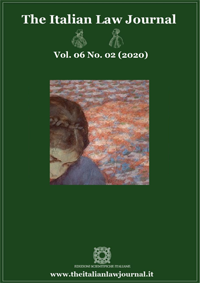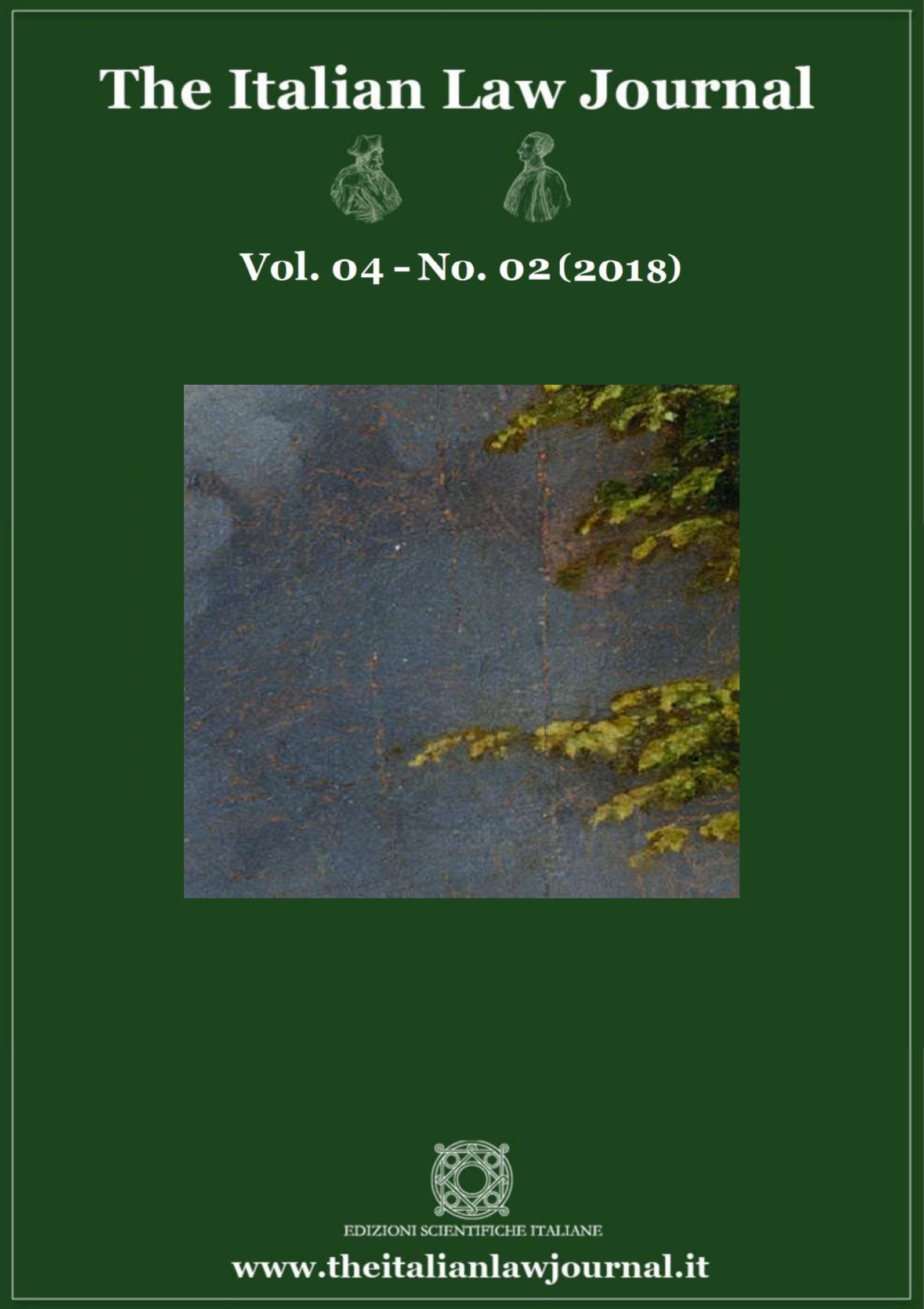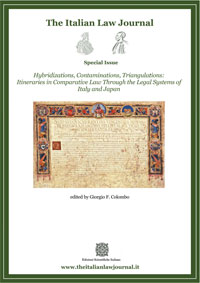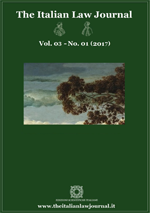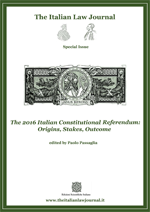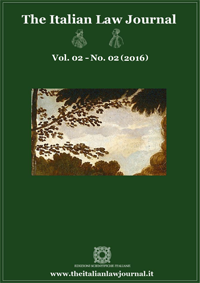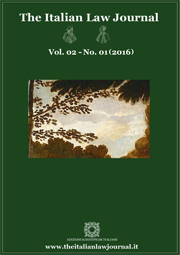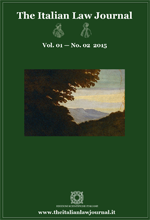2 THE ITALIAN LAW JOURNAL NO. 1 (2016) Training Young Lawyers in the European Mediation Framework: It’s Time to Devise a New Pedagogy for Conflict Management and Dispute Resolution by Luigi Cominelli Mediation as a dispute resolution method is being rediscovered today in Western legal systems. Modern jurisdictions now tend to promote mediation according to a ‘formal legislative approach’, based on recommendations issued by international organizations, in response to the pressure of public opinion that shows discontent with constant crisis in the justice system. The EU Directive of 2008 on civil and commercial mediation has in vague terms imposed the obligation to ensure the quality of mediation services, and by declaring as desirable only a certain level of training for mediators, it has left it up to member states to decide whether to make accreditation compulsory. In such a framework, where there is likely to be a further push towards regulation, we need to discuss what the basic skills of a mediator are. The point is that the mediator’s professionalism is not easily pigeonholed in a set of disciplinary skills. The mediation model that the European Union has sought to promote and regulate is highly legal, but good mediation skills are not necessarily the same as the ones required to earn a degree in law and then pass the bar exam. University education must not necessarily train mediators, but rather form professionals who should be aware of the skills needed in mediation, or who know enough about mediation to direct their clients to mediation when the need arises. In order to prepare for anticipated future disputes and discern when to negotiate and when to fight, it becomes important to simulate conflict experientially, and to field-test what works in managing it, and when possible, in solving it. Simulating conflict using audio recordings, videos, and feedback reports allows the teacher to make the learner relive what happened: decisive moments, what could have been said differently or better, what should have not been said, posture, signs of nervousness, proxemics, all that which makes us feel more comfortable or uncomfortable in a situation. Empirical research using a socio-psychological paradigm has shown, for example, that mediators are assessed as effective when they are able to create an atmosphere of trust in mediation meetings, adapting flexibly to the situation, and transmitting energy, optimism and a non-judgmental attitude.








